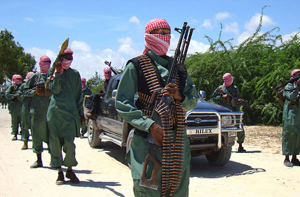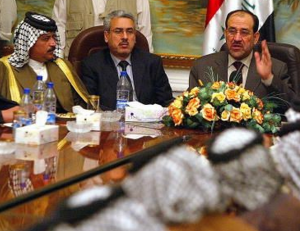
By Max Security’s Intelligence Department
In October 2011, the Kenyan military began a major operation in neighboring Somalia to root out one of Africa’s most notorious militant groups- Al Shabaab. The invasion added Kenya to the growing list of nations which have become embroiled in the fight to stabilize the troubled Horn of Africa, after previous campaigns by Ethiopia, Uganda, and International peacekeepers failed to do so. While the invasion itself initially resulted in rapid gains for the Kenyan Defence Forces, fear quickly rose in Kenyan urban centers over the fears of a massive retribution attack by Al Shabaab militants.
Those fears are certainly justified, especially given the numerous threats made by Al Shabaab leaders. First and foremost, Al Shabaab cells in Somalia have succeeded in carrying out complex and coordinated mass-casualty attacks in Mogadishu time and time again. In addition, a massive suicide bombing on World Cup viewers in Uganda in which over 60 people perished is also attributed to the Islamist group which is believed to have taken revenge on Uganda for its prominent role in peacekeeping operations in Somalia. Lastly, there are a considerable number of Somali citizens living around Kenya, while many Somali-Americans have returned to their homeland where their dual citizenship was utilized to carry out attacks. Lastly, Kenya itself has suffered a significant amount of high-profile attacks by Al Qaeda linked militants in the past, including a 2003 hotel bombing in Mombasa and the infamous 1998 American embassy bombings. Continue reading Travel to Nairobi: Is Al Shabaab still a threat?

